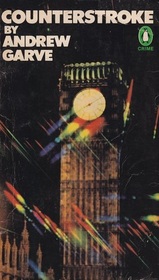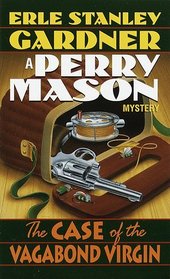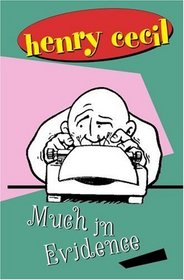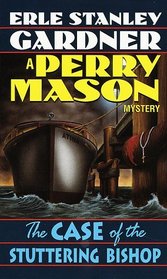The Singing Sands by Josephine Tey
Review by Matt B. (BuffaloSavage)
Tey wrote atypical detective novels compared to most mysteries written during Golden Era of whodunnits from 1920 to 1950. Tey didn’t follow the usual rules and conventions of writers such as Agatha Christie. So the point of her stories is not necessarily unmasking the perpetrator as surprisingly or as uniquely as possible.
This mystery, released in 1952, is the last one starring the series hero Yard Inspector Alan Grant. Dogged with anxiety and depression, Inspector Grant of Scotland Yard goes on vacation to visit cousins in Scotland to recover himself. Understandably, he wants to get over the panic attacks that occur when he finds himself in an enclosed space like a bedroom, train compartment, or in the cabin of an auto. His superior is utterly unsympathetic, wondering why Grant can’t just shake it off, an attitude people with PTSD still must deal with today.
On the train to Scotland, he is a witness when the conductor discovers dead man, apparently the victim of a drunken fall. Tey’s focus is not on the departed one, but on Grant’s inner thought processes, his motivations and his fears. That makes him, compared to characters such as Poirot and other thinking machines, a character distinctive and human.
Thanks to that dead man in the train, he recovers from his strained state of mind by investigating the death, getting a clue in the poetry that the young victim wrote on the margin of a newspaper. With the aid of fishing excursions with a six-year-old cousin, a professional Scotch patriot, as well as a friend of the dead man, Grant manages to shed light on a murder that had been considered an accident.
This also belongs to the class of detective novels that doubles as a travel narrative; Patricia Moyes springs to mind, setting her stories in rural England, Amsterdam, and Geneva. Tey has Grant take a side-trip to the Hebrides archipelago, specifically Cladda, a fictional island with miles of deserted beaches with the Atlantic slamming into it. While there, Grant gets no further with his investigation but he relaxes enough to cure himself of his anxiety with long walks and philosophical ruminating. The atmosphere is rendered vividly, besides advocating the restorative powers of travel, especially to places where where’s nothing to do in the classic sense. Oddly, on the other hand, Tey looks down on Scottish identity and independence; though she was born Elizabeth MacKintosh in Inverness, she seems to have been a staunch Unionist.
Tey may have been dying when she was working on this novel. It was found in her papers after she passed away in 1952. So we don’t know if it was in its final form. Suffice to say, the ending breaks so many conventions that even mystery fans looking for something different will be dissatisfied with the ending. Still I recommend it to Tey fans, especially if they liked her unusual novels like immortal The Daughter of Time or Miss Pym Disposes or Brat Farrar.








